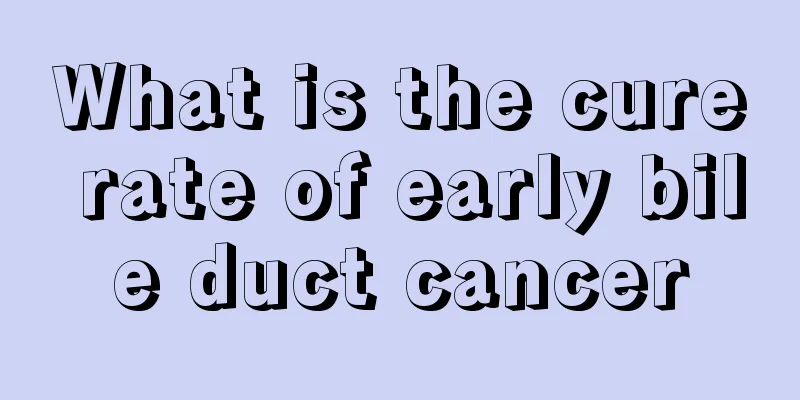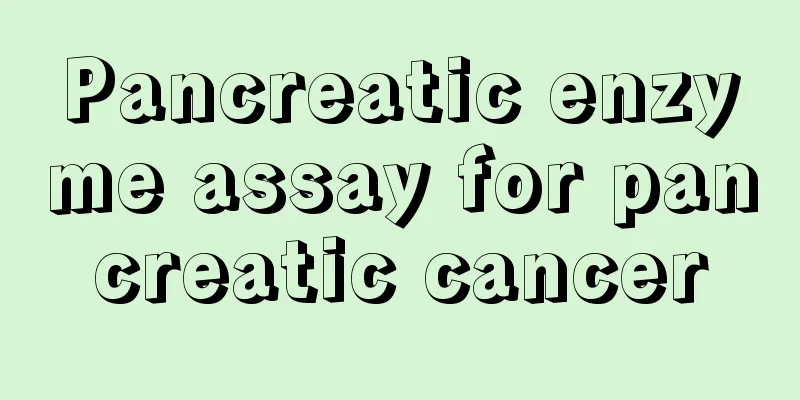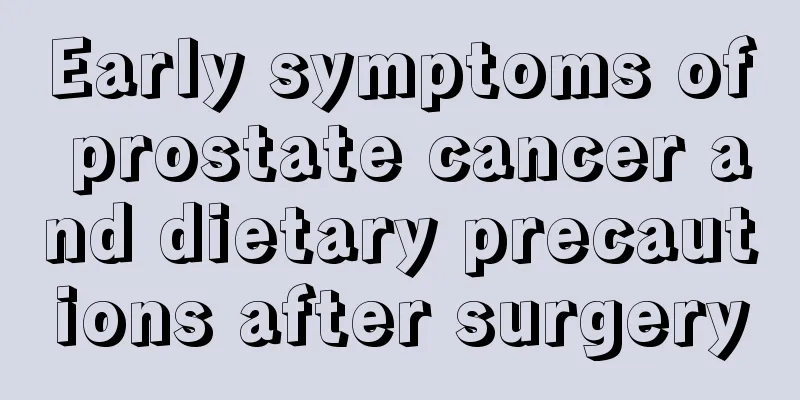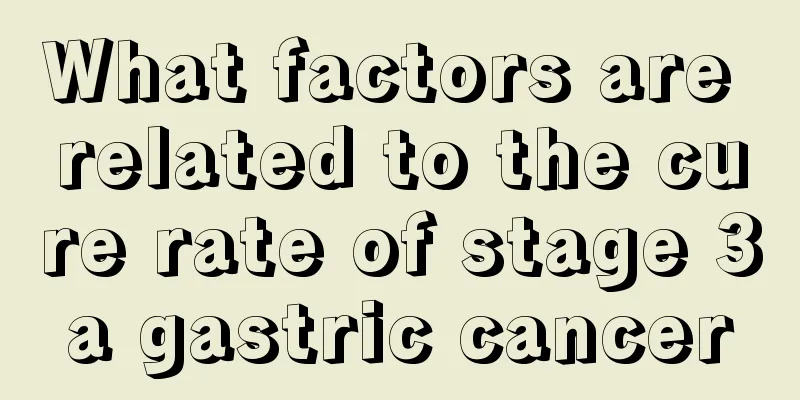What medicine can eliminate the symptoms of nasopharyngeal cancer?

|
The symptoms of nasopharyngeal carcinoma cannot be completely eliminated by drugs alone, but a reasonable comprehensive treatment method can effectively relieve symptoms and improve the patient's quality of life. Drug therapy, combined radiotherapy and chemotherapy, and lifestyle adjustments are common intervention measures. 1. Drug treatment: commonly used drugs and their effects Drugs are mainly used to relieve symptoms or in combination with chemotherapy. The following are some common drugs and their uses: -Chemotherapeutic drugs: such as cisplatin and fluorouracil, can inhibit the growth and spread of tumor cells and are often used for patients in the middle and late stages or as adjuvant therapy after surgery. -Targeted drugs: such as cetuximab, which acts on specific molecular targets and can effectively inhibit the growth of tumor cells. It is mainly suitable for patients with specific gene mutations. -Immunotherapy drugs: such as the programmed death receptor-1 (PD-1) inhibitor pembrolizumab, which can activate the immune system to fight tumor cells. While taking medication, you need to strictly follow the doctor's instructions, have regular checkups to evaluate the effects of the medication, and adjust the treatment plan at any time. Side effects of the medication, such as nausea, vomiting, and bone marrow suppression, also need to be managed under the guidance of a doctor. 2. Chemoradiotherapy and other adjuvant treatments Drugs usually need to be combined with radiotherapy and chemotherapy to achieve better results: -Radiotherapy: Nasopharyngeal carcinoma is more sensitive to radiotherapy, and intensity modulated radiotherapy (IMRT) is often used, which can directly kill tumor cells and effectively relieve symptoms such as nasal congestion, headache, and tinnitus. -Chemotherapy: such as the combination of docetaxel + cisplatin, which helps shrink tumors and improve patient survival time. - Traditional Chinese Medicine: Some patients can use Chinese medicine as an auxiliary treatment under the guidance of a doctor, such as using tonic and tumor-resolving drugs to relieve side effects and consolidate the treatment effect. 3. Adjustment of diet and lifestyle Along with medication and medical treatment, optimizing diet and lifestyle is equally important for recovery: -Antioxidant foods: Such as spinach, blueberries and tomatoes, can help protect cells and reduce the side effects of treatment. -High-protein diet: Lean meat, fish, eggs, etc. can increase physical strength and improve the body's repair ability. -Avoid irritating foods: Reduce the intake of spicy and salty foods to protect the nasopharyngeal mucosa. In daily life, you need to pay attention to getting more rest and eating a light diet, and try to avoid fatigue during severe symptoms to facilitate your body's recovery. A combination of drugs, radiotherapy, chemotherapy, and lifestyle adjustments can effectively relieve the symptoms of nasopharyngeal carcinoma and improve the treatment effect. Patients should seek the guidance of specialists in a timely manner, develop individualized treatment plans, and pay attention to follow-up and long-term management to achieve better recovery and quality of life. |
<<: What is the reason for a small hard lump behind a child's ear
>>: Average life expectancy of breast cancer at 45 years old
Recommend
Does thyroid cancer cause weakening of the vocal cords?
Thyroid cancer is a malignant tumor that originat...
How to diagnose renal hamartoma? Three methods for diagnosing renal hamartoma are revealed
Patients with renal hamartoma can be diagnosed th...
The antrum is which part of the stomach?
The stomach is a place that helps people store fo...
What are the common treatments for mid-term liver cancer? Detailed explanation of liver tumor treatment and dietary care
Treatment and Diet Care of Liver Tumors How to tr...
What principles should be followed in rational use of drugs
Every household has a medicine box filled with va...
What is the reason for the black tip of the nose
If you observe carefully in your life, you will f...
How to quickly eliminate eye edema
Edema is not a normal condition. It is mostly cau...
The correct way to eat papaya
Papaya is very nutritious. Eating more papaya on ...
Is advanced lung cancer contagious? How to regulate and maintain health in the advanced stage of lung cancer
Patients with advanced lung cancer are generally ...
Bottle sterilizer
The Year of the Horse is an auspicious year, and ...
How to relieve the symptoms of advanced laryngeal cancer
Laryngeal cancer is a malignant tumor originating...
How to maintain pulmonary fibrosis, pay attention to care to be healthier
Pulmonary fibrosis must be properly cared for in ...
What are some simple tips to relieve cervical pain
The incidence of cervical spondylosis has been re...
Stomach flu with fever?
Many people often encounter problems with colds a...
What should I do if chewing gum is stuck on my shoes?
Chewing gum can help people remove bad breath in ...









